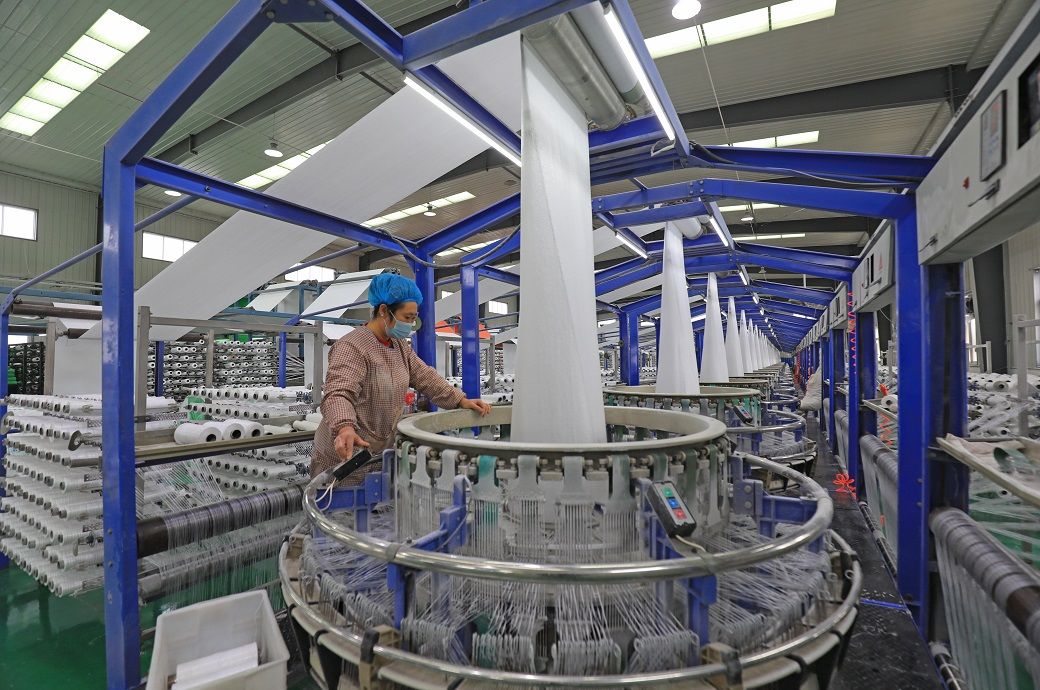
A number of firms indicated that sluggish market conditions and weaker-than-expected customer spending had dampened sales. Production growth meanwhile slowed for the second straight month in April, with output rising fractionally overall. Firms that recorded higher output often linked this to the return to more normal business operations, according to the Caixin China General Manufacturing PMI survey compiled by S&P Global.
In line with the trend seen for output, purchasing activity increased at the softest rate for three months in the latest survey period. Inventories of both pre- and post-production items were meanwhile little-changed compared to the previous month. A number of firms expressed a reluctance to stock build due to the softer demand environment.
Suppliers’ delivery times improved for the third time in as many months in April. Companies often noted that vendors were less busy or that they had requested quicker lead times. That said, the rate at which delivery times shortened was only marginal.
Manufacturers registered the first fall in average input costs for seven months in April, with the rate of decline the quickest recorded since the start of 2016. Lower prices for some raw materials and fuel were linked to the renewed drop in expenses. Cost savings were often passed on to customers in the form of lower selling prices, which were cut at the fastest rate since December 2015, as firms sought to attract new business. Optimism towards the 12-month outlook for output improved, as firms were hopeful that customer spending would pick up in the months ahead. New product releases, supportive state policies, and investment in new equipment were also expected to drive growth.
Muted client demand led firms to cut their staffing levels again in April, and at the quickest pace in three months. This was often through the non-replacement of voluntary leavers, though there were also reports of firms trimming headcounts to cut costs. Backlogs of work meanwhile expanded for the fourth month in a row, albeit at a modest pace.
ALCHEMPro News Desk (NB)
Receive daily prices and market insights straight to your inbox. Subscribe to AlchemPro Weekly!